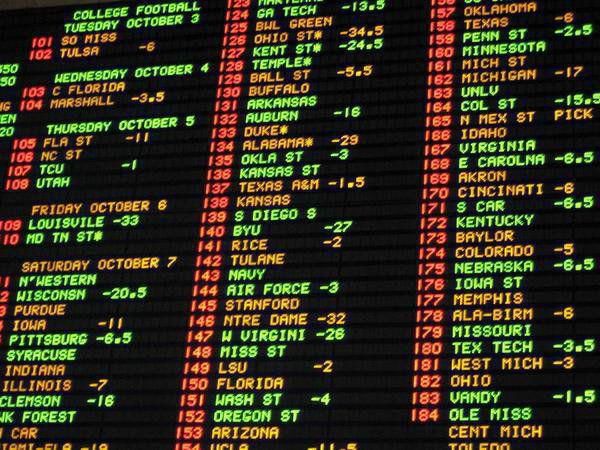Do you place bets on sports? If so, you have likely heard the terms “juice,” “vig,” or “vigorish,” in the past. You’ve also probably seen odds of -110, too. What you may be wondering (especially if you are new to the realm of sports betting) is what exactly this means and how it may affect you. Here, we break down what does -110 mean in sports betting and how to read the odds when you place your wagers.
What Does -110 Mean In Sports Betting?
In sports betting, the magic number is -110. That’s because -110 is the typical odds for wagers placed against the spread or in an over/under. Bettors have to lay down $110 if they want to win $100 when they are wagering on a point spread or a total. Bettors can bet any amount on a -110 betting line or any line, but the return is proportional to the amount risked. For example, if you wanted to win $50, you would have to bet $55, If you wanted to win $25 you would have to bet $27.50.
Confused? There’s no need to be. It isn’t as hard to understand as it may seem once you get the fundamentals of sports betting down pat. Let’s dig a little deeper.
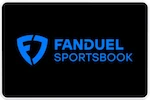
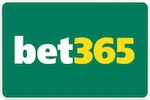
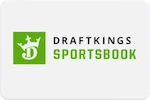
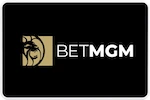
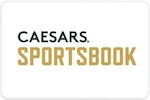

What Does -110 Mean for a Sportsbook?
If you are coming from the perspective of a sportsbook, the -110 number is used for making sure they are able to make money off of the bettors regularly – this is essential for staying in business. The “juice,” which is what this is usually referred to, is the amount of commission that the book earns on a bet or bets that have been wagered. The goal of a sportsbook on bets with -110 odds is often to have 50% of the bets on each side guaranteeing them a profit from the “juice”, or the extra $10 bettors lay down for each $100 they try to win.
Put simply, you can think of it like this. Consider it as a fee to broker the wager. This allows the book to still wind up with a profit between the one winning bet that’s cashed out, and another losing bet that’s based on the same -110 odds.
If a bettor were to keep splitting bets with the sportsbook and there was never any juice associated with this, then it’d be pretty hard to make a profit.
What Does -110 Mean for a Bettor?
For bettors, the -110 is similar to wagering on a smaller moneyline, but usually with a total or spread involved where you are going to choose one side to cover the point spread. For example if the Lakers were -2 at -110 odds against the Hornets and you wanted to bet on the Lakers -2 -110 for $200, you would have to risk $220 to win $200.
At -110 odds, bettors must win 52.38% of their bets in order to break even with a sportsbook. Just winning 50% of bets would lead to a net loss, thanks to the extra vig that bettors have to put down to get their bets off. This is something important to keep in mind when betting on sports.
Reduced Juice
In some cases, a sportsbook may provide a bettor with “reduced juice,” or even “nickel lines” at specific times when they drop the -110 to a lower number such as -105. This is typically done in an effort to get more bets to come in. As a result, if you are betting, it is a good idea that you shop around to find the best lines before you put up a wager. After all, the ultimate goal is for you to make as much money as you can and put yourself in a position to pay much less so you can win the same amount. This is one of the best ways to ensure this happens.
In some cases, it may be necessary for you to pay a premium of -120 or even -130. However, as long as your bet is a winner, it doesn’t matter. Losing is what is going to cost you, so you should minimize your losses as much as possible, with minimizing the vig you lay being a great way to do that.
More Betting Topics
- Sports Betting Dictionary, Terminology & Bet Types Meanings
- 4 Tips For Making Successful Bets
- Basketball Betting Guide – How To Bet On Basketball
- What Are First Half and Halftime Bets?
- Parlay Sports Betting
- What Are Prop Bets – How To Bet Proposition Bets
- Pleaser Sports Betting
- Teaser Betting
- Over Under Betting
- Money Line Betting
- Point Spread & Betting Lines Explained
- What is Against the Spread
- What is Reduced Juice Betting?
- Bet To Risk vs Bet To Win – Wager Amount vs Risk Amount
- How To Read Rotation Numbers & Sports Betting Odds
- What Is a Progressive Parlay? How To Bet Progressive Parlays
- 3-Way Money Line
